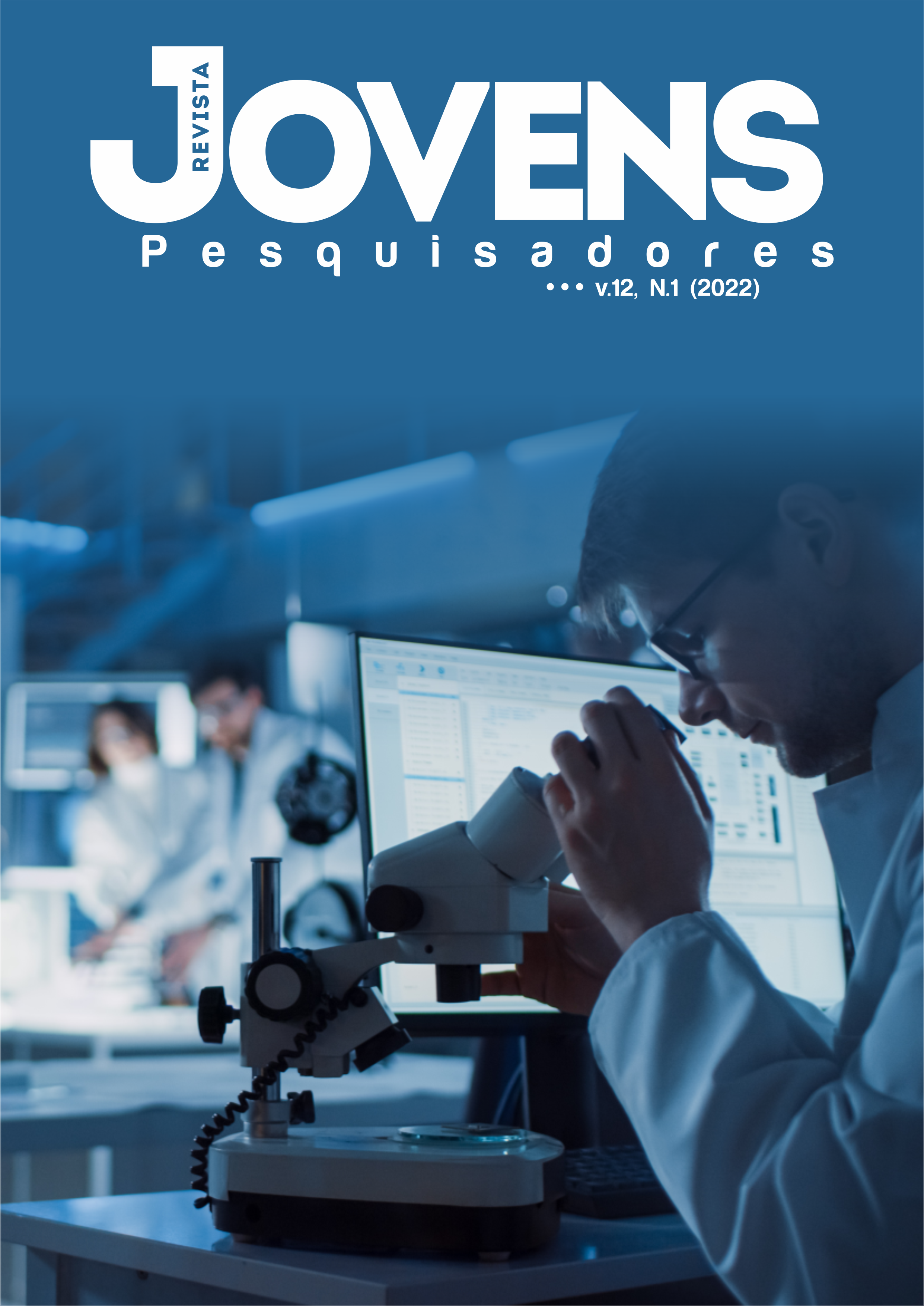SELF-MEDICATION: A CONFLICT BETWEEN PACIENT’S AUTONOMY AND BIOMEDICAL KNOWLEDGE
DOI:
https://doi.org/10.17058/rjp.v12i1.17439Abstract
Self-medication is not a practice restricted to contemporaneity: it is a conduct historically consolidated as part of the therapeutic itinerary applied by individuals in the management of health problems. Patients who undergo this action can perform it on several levels, which range from an element of self-care to a violation of their health condition. This article, which aims to display the conflict between patient autonomy and the hegemony of biomedical knowledge in relation to the use of therapies, is a qualitative research based on a bibliographic review, considering productions found on the platform Google Scholar from the terms “self-medication”, “responsible self-medication” and “self-medication in the pandemic”. Attention is drawn to the number of pejorative words present in the titles of articles related to self-medication, such as “harms” and “risks”, and the limited number of studies approaching self-medication from a positive perspective and patient autonomy view. This reflects the unpopularity of the subject in academia, which can be explained by the fact that this standpoint seems to challenge the role and power of the physician in prescribing therapies.
Keywords: self-medication. Autonomy. Physician-patient relation. Public Health. Therapeutic itinerary.
Downloads
Downloads
Published
How to Cite
Issue
Section
License
A submissão de originais para este periódico implica na transferência, pelos autores, dos direitos de publicação impressa e digital. Os direitos autorais para os artigos publicados são do autor, com direitos do periódico sobre a primeira publicação. Os autores somente poderão utilizar os mesmos resultados em outras publicações indicando claramente este periódico como o meio da publicação original. Em virtude de sermos um periódico de acesso aberto, permite-se o uso gratuito dos artigos em aplicações educacionais e científicas desde que citada a fonte conforme a licença CC-BY da Creative Commons. Creative Commons Atribuição 4.0 Internacional.
Creative Commons Atribuição 4.0 Internacional.


